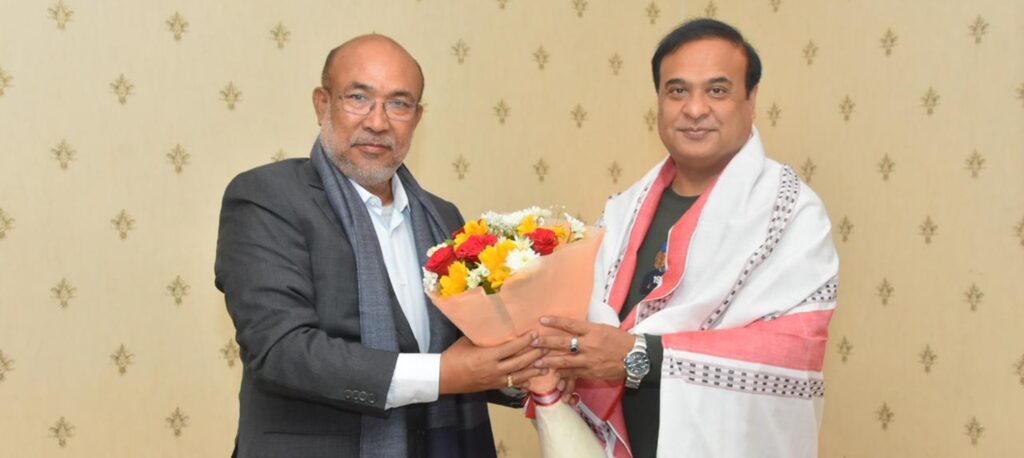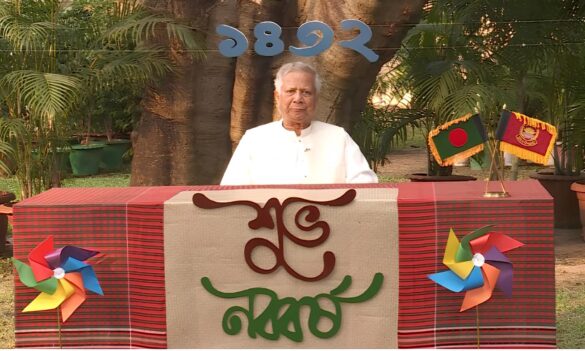In a series of historic decisions, the Assam Cabinet, under the leadership of Chief Minister Himanta Biswa Sarma, announced significant measures aimed at fostering linguistic diversity and socioeconomic development in the state.
One of the key decisions taken during the cabinet meeting is the inclusion of Manipuri as an associate official language in four districts of Assam. This move underscores the government’s commitment to acknowledging and preserving the linguistic heritage of the Manipuri community residing in the state.
The decision came with the approval of the Assam Official Language (Amendment) Bill, 2024 during a late-night cabinet meeting chaired by Chief Minister Himanta Biswa Sarma. The bill, which seeks to amend the Assam Official Languages Act, 1960 by adding a new Section 5B, designates Manipuri as an associate official language in the districts of Cachar, Karimganj, Hailakandi, and Hojai. Chief Minister Sarma emphasised that this decision is pivotal in safeguarding the cultural, social, and linguistic identity of the Manipuri community residing in Assam.
Furthermore, the cabinet took steps to ensure the representation and preservation of tribal languages. In alignment with the National Education Policy, 2020, languages including Mising, Rabha, Karbi, Tiwa, Deori, and Dimasa will be introduced as mediums of instruction in the foundational stage of school education. This move is expected to empower students from tribal communities by enabling them to learn and study in their native languages.
Additionally, to protect the land rights of indigenous communities, the cabinet decided to include people from Ahom, Koch Rajbongshi, and Gorkha communities, who have been occupying land prior to 2011, in the list of protected classes of persons in the Balipara tribal belt.
Chief Minister Sarma’s initiative has garnered appreciation from Manipur Chief Minister N. Biren Singh, who took to Twitter to express gratitude, stating, “Many many thanks Himanta ji 🙏 for Including Manipuri as an associate official language in 4 districts of Assam. Your recognition and trust on the Manipuris is highly appreciated.”
In addition to promoting linguistic diversity, the Assam government’s proactive measures extend to socioeconomic development. Significant allocations have been made towards bolstering the rural economy, with ₹1000 crore earmarked for this purpose. Furthermore, a sum of ₹274 crore has been sanctioned for infrastructure development projects across the state. This financial boost is expected to stimulate growth and development in rural sectors, thereby enhancing livelihood opportunities for the rural populace.







